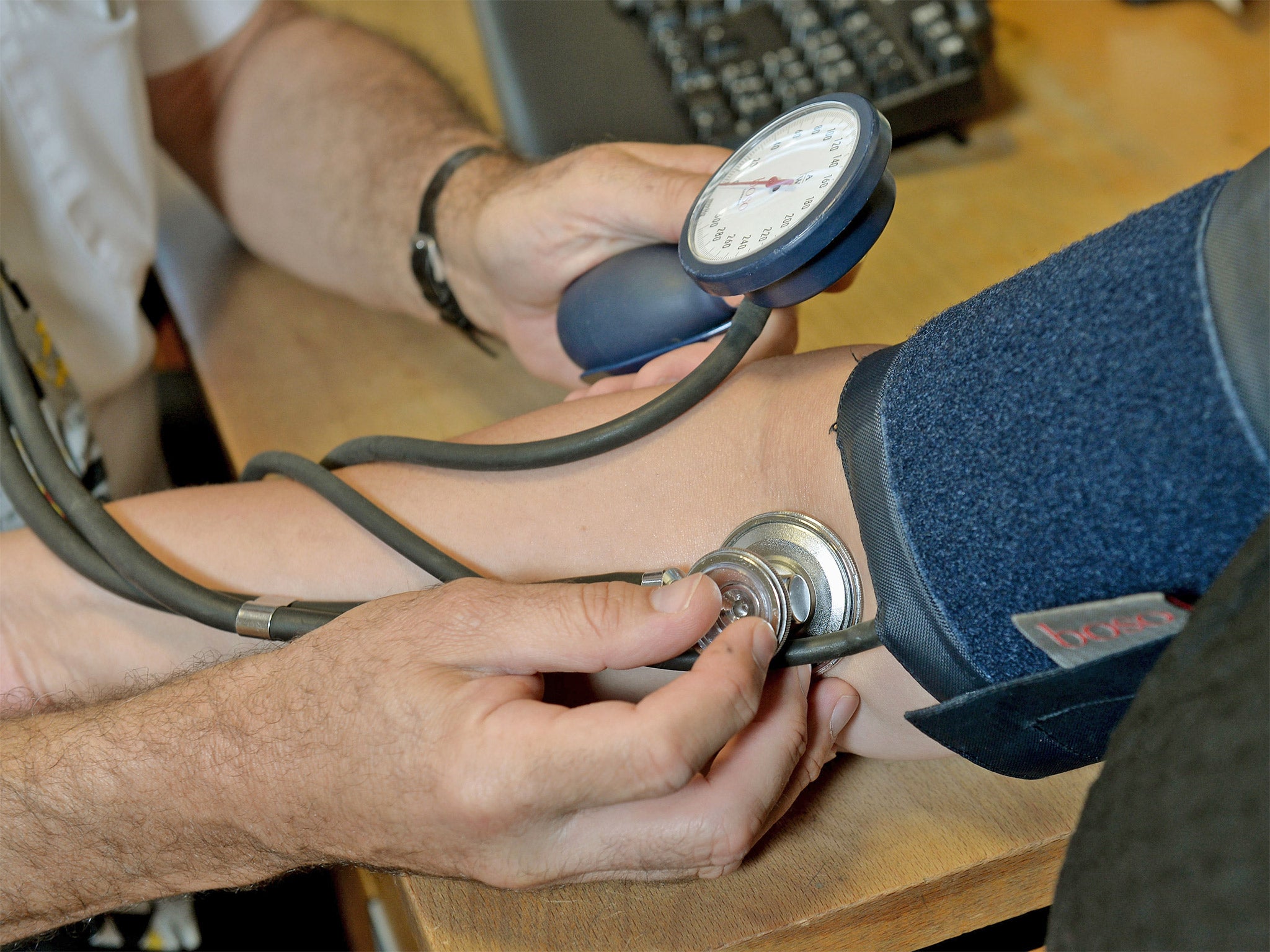Medical mistakes at GPs' surgeries and pharmacies 'led to 12 child deaths in nine years'
More than 600 children were harmed, including 41 severely, because of a 'safety incident' in England and Wales between 2005 and 2013

Twelve children died and 41 were “severely harmed” because of mistakes by doctors and other problems with their medical treatment over a nine-year period in England and Wales, according to new research.
The study, which looked at primary care safety reports about patients under the age of 18, found there had been 2,191 safety incidents between January 2005 and December 2013. Of those, 658 were described as “harmful”. Primary care mostly means GPs, community nurses and community pharmacies.
The researchers cautioned that under-reporting of such incidents was a problem, so the figures could be higher.
However one patient-safety expert noted that many of the supposed safety incidents involved failing to follow protocol and suggested this might be more about the “less noble” pursuit of office politics rather than “caring deeply” about improving patient care.
The most common reason why a child involved in a safety incident was seeking medical attention was asthma or another respiratory condition. The most common type of error was prescribing the wrong kind of drug, accounting for nearly 32 per cent of the total, followed by mistakes in diagnosis (23 per cent). Some problems were systemic, rather than individual.
Writing in the journal PLOS Medicine, the researchers said their work was designed to find ways to prevent “avoidable child deaths”.
“Of 2,191 safety incidents…, 30 per cent (658) were harmful, including 12 deaths and 41 cases of severe harm,” they said.
“The children involved in these incidents had respiratory conditions (18 per cent), injuries (13 per cent), non-specific signs and symptoms, for example fevers (13 per cent) and gastrointestinal or genitourinary conditions (12 per cent), among others.”
The paper suggested a number of ways to reduce these figures.
“Priority areas for improvement include safer systems for medication provision in community pharmacies; triage processes to enable effective and timely assessment, diagnosis and referral of acutely sick children attending out-of-hours services; and enhanced communication for robust safety-netting between professionals and parents,” it said.
Dr Gordon Schiff, of Harvard Medical School in the US, said the study contained valuable insights into how to better treat sick children.
He also highlighted the problem of under-reporting of safety issues by medical staff, drawing on his own experiences as a primary care doctor and patient-safety researcher.
“At one point, I had filed more error and adverse drug reactions reports than all the other physicians at my public hospital in Chicago combined, making me either the institution’s most dangerous prescriber or its most diligent reporter,” he wrote in an accompanying article in PLOS Medicine.
“Hoping it is more the latter, it is sobering to consider how infrequently adverse events and errors are being reported.”
Dr Schiff said the medical community owed it to the people who “perhaps even took risks” to report problems to learn from what had happened.
However he added that one alleged problem stood out both because of its frequency and “disharmony with a …just-culture perspective” – “failure to follow protocol”.
“Were such reports perhaps more akin to incident reports submitted by supervisors to ‘write up’ an employee who may have committed an error as documentation for the employee’s personnel record and as a warning?” Dr Schiff wondered.
“To the extent these reports were grounded in a retributive workplace culture – rather than a more ideal model of frontline staff submitting reports of errors or problems that they had seen … based on caring deeply about the need to share these widely to help others avoid such pitfalls – these reports fulfil a less noble and valuable function.”
Join our commenting forum
Join thought-provoking conversations, follow other Independent readers and see their replies
Comments